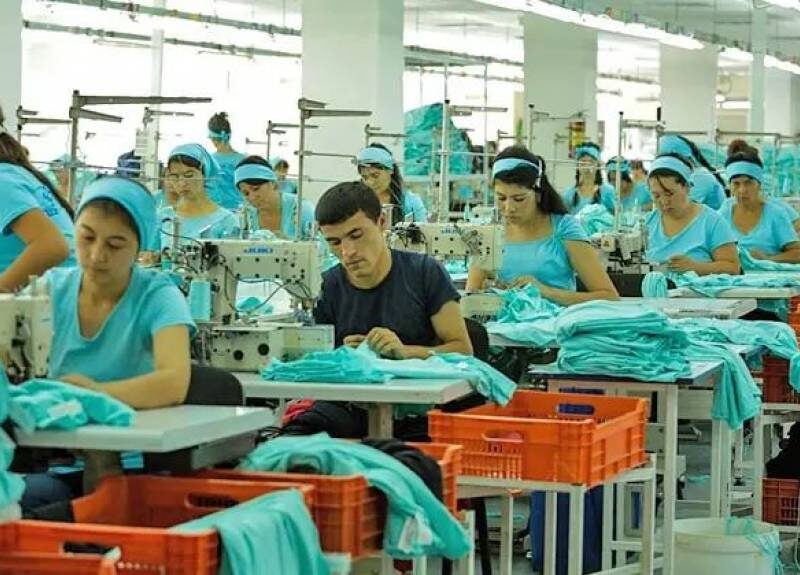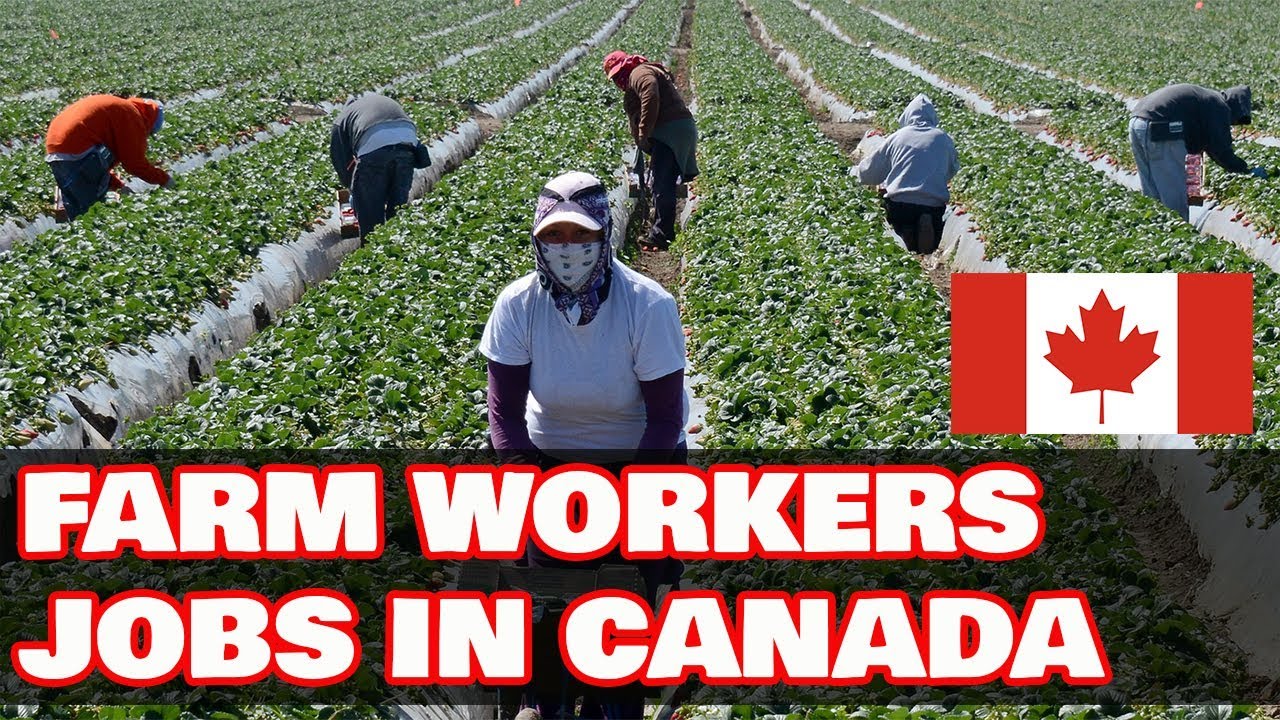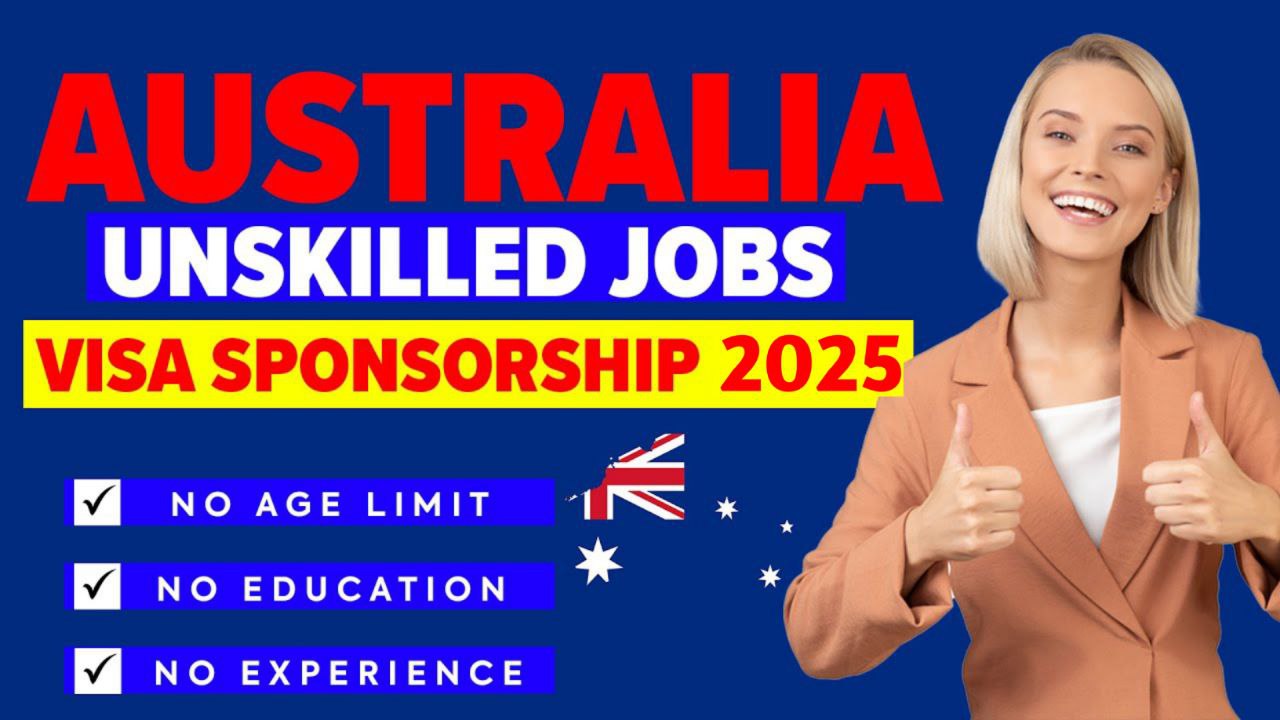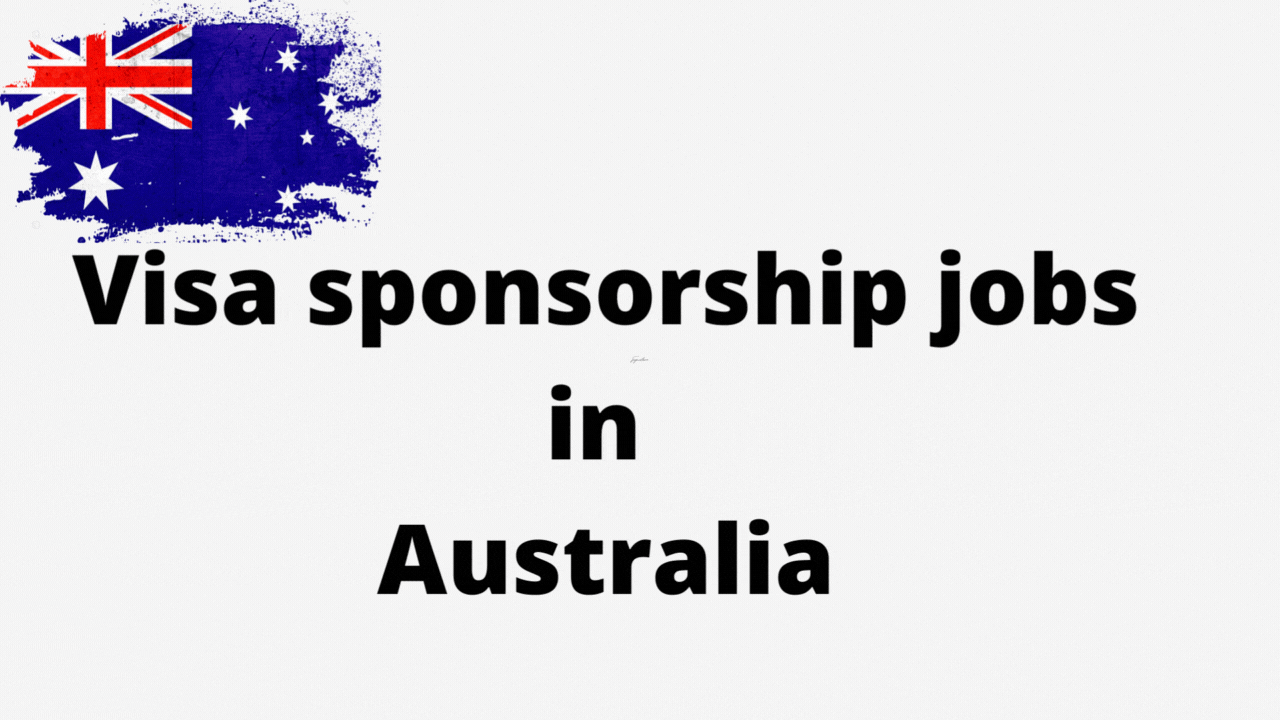Uzbekistan is emerging as a key textile hub in Eurasia, shifting from raw cotton exports to advanced yarn, fabric, and garment manufacturing. Driven by cluster-based reforms, foreign investment, and a large young workforce, the country offers genuine opportunities for international job seekers in 2025—especially for roles like mill technologists, maintenance engineers, merchandisers, and ESG specialists. This guide details where to find jobs, how visa sponsorship works, required documents, typical salaries, and how to assess factories for ethical and career fit, using updated data, policy facts, and practitioner insights.
Quick Snapshot: Why Uzbekistan (and Why Now)
-
Export Scale & Product Mix: Textile exports reached ~US$2.87–2.9 billion in 2024, ~10.6% of total exports, with yarn and finished goods leading, showing a shift beyond raw cotton.
-
Manufacturing Depth: As of 2023, Uzbekistan had 175 spinning companies with 3.9 million spindles and 242,000 rotors, producing ~1.3 million tons of yarn.
-
Reform Trajectory: Systemic state-imposed child and forced labor in cotton ended by 2021, with ongoing monitoring in 2024–2025, reassuring brands and boosting compliance roles.
-
Visa Sponsorship: Employers can sponsor foreign specialists via corporate work authorization, individual work permits, and D-type visas, with contract and residence registration.
Takeaway: Uzbekistan’s scale, modernization, and hiring demand make it a strong choice for professionals in spinning, knitting, dyeing/finishing, garment quality, industrial engineering, and sustainability (e.g., traceability, Higg/FEM, SLCP, SA8000).
The Hiring Map: Roles Likely to Get Sponsored in 2025
Based on factory expansions and capability upgrades, these roles are most likely to secure visa sponsorship:
-
Spinning & Yarn Technology
-
Process engineers (ring/compact, OE, combing), blowroom–card–draw expertise
-
Maintenance heads for Rieter, Trützschler, Schlafhorst, Uster specialists
-
Energy optimization and waste reduction experts
-
Why Now: Large, modernizing capacity; yarn exports remain a top earner.
-
-
Knitting, Weaving, and Fabric Preparation
-
Knitting technologists (circular/flat), knitting managers
-
Weaving (air-jet, rapier) technologists
-
Continuous dyeing/finishing, colorists, lab heads, wastewater treatment engineers
-
Why Now: Growing share of finished goods in exports drives demand for fabric quality and finishing.
-
-
Apparel/Readymade Garment (RMG)
-
Industrial engineers (line balancing, SMV, IE systems)
-
Merchandisers with EU market experience, costing specialists
-
Quality heads (AQL, inline/EOI), compliance/CSR managers
-
Why Now: Readymade exports are significant; brands demand consistent quality and compliance.
-
-
ESG & Compliance
-
Social compliance managers (ILO conventions, due diligence, SLCP/Higg)
-
Traceability & organic content claim (OCS/GOTS) implementers
-
Health, Safety & Environment (HSE) and effluent treatment plant (ETP) experts
-
Why Now: Post-reform oversight and brand re-engagement fuel demand for compliance leadership.
-
-
Commercial & Supply Chain
-
Sourcing leaders (EU/CIS), export documentation specialists
-
ERP/production planning managers (SAP, Infor, Oracle NetSuite), demand planners
-
Table 1 — Where the Jobs Cluster
|
Region/City |
What You’ll Find |
Typical Foreign-Hire Profiles |
|---|---|---|
|
Tashkent & Tashkent Region |
HQs, large integrated groups, trade/logistics |
Commercial heads, merchandisers, group-level compliance, ERP leads |
|
Namangan / Andijan / Fergana (Fergana Valley) |
Spinning, knitting, garmenting clusters |
Spinning technologists, knitting managers, IE/quality heads |
|
Samarkand / Jizzakh |
Newer industrial parks, export-oriented units |
Project managers, maintenance heads, dyeing/finishing experts |
|
Bukhara / Kashkadarya / Surxondaryo |
Ginning, yarn, initial processing |
Process engineers, lab/quality, maintenance leaders |
Note: Distribution may shift with investments, but this reflects 2023–2025 cluster announcements.
How Visa Sponsorship Works
Uzbek employers sponsor foreign nationals through:
-
Corporate Authorization: Permission to employ foreign labor (sometimes called Corporate Work License).
-
Labor-Market Step: Justify hiring a foreign specialist (labor market test).
-
Individual Work Permit + D-Type Visa: Tied to the employer, followed by residence registration on arrival.
-
Contract Registration: Employment contract registered with authorities; residence registration within days of arrival.
What This Means: Confirm with the employer which permits they handle, timelines, and costs. Reputable groups often cover fees; smaller firms may share costs.
Table 2 — Visa Sponsorship: Who Does What
|
Step |
Employer Action |
Your Action |
Typical Timeline |
|---|---|---|---|
|
Role Definition & Offer |
Issue job description + conditional offer |
Share CV, references, diplomas |
1–3 weeks |
|
Corporate & Labor-Market Step |
Apply for corporate/foreign-hire permission; justify need |
Provide notarized degree + experience letters |
2–6 weeks |
|
Individual Work Permit & D-Visa |
Submit dossier; obtain invitation |
Fill visa form; attend embassy/consulate appointment |
2–4+ weeks |
|
Entry & Registration |
Meet you on arrival; register residence |
Attend medicals/registration as instructed |
3–10 days |
Note: Timelines vary; rely on employer counsel and local migration office guidance.
Salaries, Cost of Living, and Evaluating Offers
-
Minimum Wage: UZS 1,271,000/month from Aug 1, 2025 (up from UZS 1,155,000).
-
Average Salary: ~UZS 5.36 million/month nationally in 2024; Tashkent higher (~UZS 9.1m).
-
Textile Ranges: Operators ~UZS 2.5m–5.05m/month; expat specialists/managers often exceed local medians with allowances.
Reality Check: Expat roles typically include housing/transport; negotiate net salary, allowances, and review terms.
Table 3 — Benchmarking an Expat Offer (Illustrative, Monthly)
|
Component |
Entry-Level Technician |
Mid-Level Technologist |
Senior Manager/Head |
|---|---|---|---|
|
Base Salary (Gross, UZS) |
6,000,000–9,000,000 | 12,000,000–20,000,000 | 25,000,000–45,000,000 |
|
Housing Allowance |
Shared dorm/hostel or UZS 1–3m |
UZS 2–5m |
UZS 4–10m |
|
Transport/Meal |
Shuttle + canteen |
Shuttle + meal card |
Car or allowance |
|
Annual Bonus |
0–10% | 5–15% | 10–25% |
|
Health Insurance |
Basic |
Enhanced |
Enhanced + family add-ons |
Note: Figures reflect typical expat packages; vary by region, plant profitability, and seasonality. Use local averages as a negotiation floor.
Market Context
-
Exports: 2024 saw a 5–7% dip due to global yarn/fabric demand softening, yet textiles hit ~US$2.8–2.9B.
-
Clusters: Over 140 cotton-textile clusters by 2023 enhance farm-to-fabric integration.
-
Compliance: Forced-labor reforms (post-2021) and ongoing monitoring support brand re-engagement.
Implication: Despite export dips, modernization and skill gaps drive demand for specialists in new blends, knitting/finishing, and EU compliance.
What Strong Candidates Show
-
Line Improvement Stories: E.g., reduced end-breakage %, improved card sliver CV%, optimized dye recipes, lifted AQL pass rates.
-
Multi-Machine Fluency: E.g., Rieter, Trützschler, Murata/Autoconer, Uster.
-
Compliance Literacy: ILO basics, due diligence, wastewater standards.
-
Factory-Fit Mindset: Train local teams, document SOPs in English/Russian (Uzbek a plus).
Insight: Employers prioritize mentors who systemize processes over “solo heroes.”
Finding Visa-Sponsoring Employers
-
Target integrated groups (ginning → spinning → knitting/dyeing → sewing) with legal/HR capacity.
-
Use Tashkent textile fair exhibitor lists to map exporters; connect on LinkedIn with technical/HR/compliance heads.
-
Pitch a 90-day improvement plan (e.g., “cut waste by 1.2%, reduce dye re-runs by 8%”).
-
Ask about visa process ownership and whether PEO/EOR is used.
-
Validate compliance: Request SLCP/Higg/FEM audit summaries and 2024 remediation details.
Ethical Due Diligence
-
Check ILO updates, buyer code-of-conduct adherence, NGO harvest commentary.
-
Probe wastewater/chemical management: ZDHC, ETP specs, COD/BOD performance.
-
Ask for worker feedback mechanisms: hotlines, grievance records, turnover rates.
-
Review contracts: clarity on overtime, rest days, grievance escalation.
-
Confirm visa status: permit duration, renewal, exit/entry rules; you keep your passport.
Step-by-Step: From CV to Boarding Pass
-
Target 10 factories aligned with your specialization (e.g., compact ring spinning, continuous dye range).
-
Write a two-page CV with machine lists, KPIs improved, certifications (Uster, Six Sigma, OSHA/HSE, ZDHC).
-
Deliver a 2–3-minute video pitch on one problem solved, tools used, and 90-day replication plan.
-
Collect notarized degree + experience letters.
-
Clarify sponsorship: who pays, which permits, family accompaniment options.
-
Negotiate: request net salary, housing, transport, yearly ticket, training budget.
-
Prepare arrival: request airport pickup and residence registration schedule.
Frequently Asked Questions (2025)
-
Do Uzbek textile companies sponsor visas?
Yes, especially large groups and plants adding capabilities. Expect corporate authorization, work permit, D-visa, and residence registration. -
How long does sponsorship take?
~5–12 weeks from offer to entry, depending on permits and consular queues. -
What salaries to expect?
Operators ~UZS 2.5–5.0m/month; expat specialists/managers higher + allowances. Clarify net numbers. -
Is the sector ethically safe?
Forced labor eliminated since 2021 per ILO; ongoing monitoring. Vet each employer. -
Which roles are sponsor-friendly?
Spinning process/maintenance, knitting/finishing technologists, IE/quality, compliance, EU-market merchandisers. -
Cost of living?
National average ~UZS 5.36m/month in 2024; Tashkent higher. Expat offers often include housing/transport. -
Can family join?
Dependent visas possible, tied to principal worker’s visa/permit. Confirm with employer’s legal team. -
Need Russian or Uzbek?
English suffices for management/engineers; basic Russian/Uzbek aids line communication. -
How stable is demand?
2024 export dip, but textiles remain ~10%+ of exports with ongoing modernization. -
Red flags in offers?
Vague visa promises, passport surrender, unclear housing/overtime, or no compliance data.
Wages and Negotiation
National minimum wage: UZS 1,271,000/month from Aug 1, 2025. Average salaries ~UZS 5–6m/month; Tashkent higher. Secure written package details (gross, net, benefits).
Compelling Application Outline
-
Subject: “Spinning Technologist—Cut End-Breakage by 20% | Rieter/Trützschler | Ready for Relocation”
-
2 Bullet Case Studies:
-
Reduced ring frame end-breakage from 12 to 9 per 1,000 spindle hours via traveler/suction adjustments; raised productivity 3.1%.
-
Stabilized Uster Classimat faults with carding/drawframe tweaks; cut shade variation complaints by 15%.
-
-
90-Day Plan: Audit fiber prep → standardize settings → SOPs + operator training → monitor with Uster dashboards → weekly Kaizen.
-
Visa Note: “I have notarized certificates and can support the company’s work-permit process immediately.”
Final Thoughts
Uzbekistan’s 2025 textile sector offers scale, policy support, and demand for process know-how. Employers sponsor visas for candidates showing measurable factory-floor impact and team-training ability.
Call to Action: Share your specialization (e.g., ring spinning, dyeing/finishing, IE/quality, ESG), years of experience, and salary expectations. I’ll build a custom target list of Uzbek textile employers that sponsor, outline permit steps, and craft a results-first pitch to secure offers.
Sources & Further Reading
-
Textile exports 2024 ≈ US$2.87–2.9B; 10.6% of exports.
-
Capacity: 175 spinning companies, 3.9M spindles, 242k rotors, ~1.3M t yarn (2023).
-
2024 export softening.
-
Cotton labor reforms & monitoring.
-
Work permit/visa sponsorship mechanics.
-
Minimum wage & salary context (2024–2025).
Note: Always confirm final requirements with your employer’s legal team or regional migration office.










